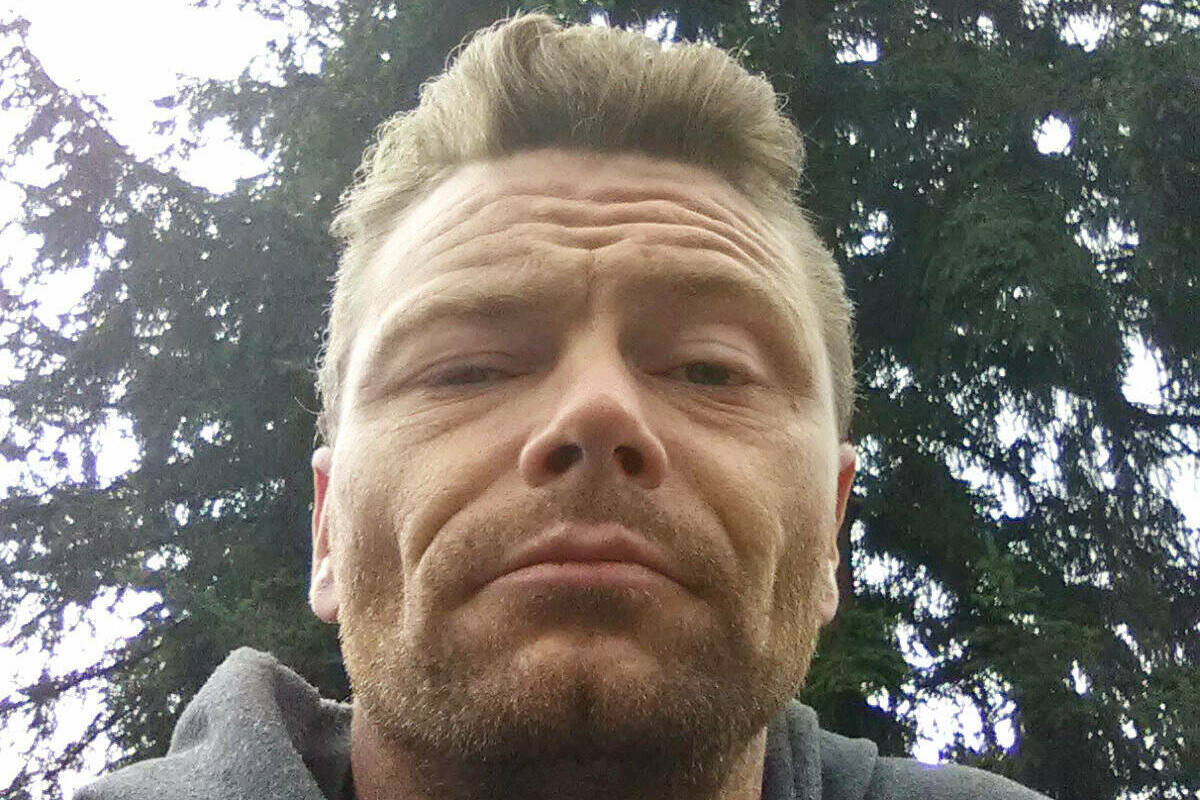After 12 days of intense discussions about police policy, procedures, and conduct in the field, an inquest jury has vindicated a King County Sheriff’s Office detective after he shot and killed a Black Diamond resident five years ago.
On Nov. 22, 2019, local Anthony Chilcott stole a Ford Raptor from the Cenex gas station in the city and eluded law enforcement for three days. Detectives George Alvarez and Josh Lerum were alerted to his location on Nov. 25, and the confrontation with Chilcott resulted in his death.
Despite Lerum having been the one to shoot Chilcott, only Alvarez’s actions before and during that confrontation were scrutinized by KCSO, and he was fired in 2021 for unnecessarily escalating the situation.
While former King County Sheriff Mitzi Johanknecht deemed the shooting justified, she also said Alvarez “demonstrated a disregard for the public, your partner and yourself.” She noted in a report that the detective made a “sudden decision” to make contact with Chilcott without backup or communicating with Lerum, and failed to attempt de-escalation techniques.
But in May 2023, a California arbitrator ruled that the King County Sheriff’s Office must bring Alvarez back onto the force. The arbitrator found that while Alvarez did fail to de-escalate the situation and that KCSO performed a fair investigation into the incident, there was still no “clear and convincing evidence” that de-escalation techniques would have been successful and Johanknecht did not follow discharge policy in Alvarez’s termination.
Alvarez is currently a sergeant in the department.
An inquest into Chilcott’s death started Nov. 15 and ended Dec. 4. An inquest is not a trial, but serves as a potential precursor if a jury finds a deputy-involved shooting or death failed to follow KCSO policy or if the killing was criminal.
TESTIMONY AND JURY RESULTS
Numerous witnesses, experts, and even Alvarez and Lerum testified before the six-member jury. This was the first time either detective has talked about Chilcott’s shooting publicly.
While the jury ultimately found the two detectives followed KCSO policy and were justified in the shooting, there was conflicting testimony.
According to four witnesses, the detectives escalated the situation by ramming their unmarked police vehicle into Chilcott and his stolen Ford Raptor, forcing the truck onto a large pile of rocks and causing it to get stuck.
Both Alvarez and Lerum disputed this, saying it was Chilcott who rammed into them first; Lerum added that he believes this was a deliberate assault.
There were also three police-practice experts who testified, and two of them agreed that the way the detectives attempted to arrest Chilcott continued to escalate the situation and made violence more likely.
Before the confrontation, Lerum and Alvarez were in plain clothes and in an unmarked vehicle when they received a call about the Ford. Alvarez decided to locate and attempt to arrest Chilcott without calling for backup — one of the reasons why former-Sheriff Johanknecht fired him.
When the two vehicles made contact, Lerum and Alvarez left their vehicle to arrest Chilcott. Lerum went to the driver’s-side door with his gun out and ordered Chilcott to show his hands, according to Lerum’s testimony.
Chilcott complied by sticking his fingers out the window, which was only slightly open. The car was still running at this time, and Chilcott was shifting gears.
Alvarez then joined Lerum, who left to grab a hammer from the police vehicle to smash open the passenger’s-side window. As he approached the Ford, he saw the truck lurch and feared Alvarez was run over. He went back to the driver’s-side door and saw Alvarez partly pulled into the truck while the wheels were spinning on the rocks.
“God forbid that vehicle come free,” he said to the jury.
Lerum then warned Chilcott that if he shifted gears again, Lerum would shoot him. At the same time, Alvarez testified, he was “exhausted” from trying to control Chilcott, who grabbed his gun.
Lerum said that Chilcott then reached for the gear shift, so he reached around Alvarez to shoot him point-blank in the head.
Professor Geoff Alpert, who teaches criminology at the University of South California and is known for his expertise on high-risk police practices, questioned why the detectives would approach Chilcott in plain clothes when KCSO policy requires deputies to be clearly identified as law enforcement to do so.
And Chilcott’s family’s expert, former Oviedo, Fla., police Chief Chuck Drago, said the detectives’ decision to rush an arrest also exacerbated the situation.
However, the jury unanimously found that Alvarez and Lerum complied with KSCO policy and training regarding plain clothes and police identification, waiting for backup, and use of deadly force. Two jurors said it was “unknown” if Lerum and Alvarez complied with de-escalation training.


